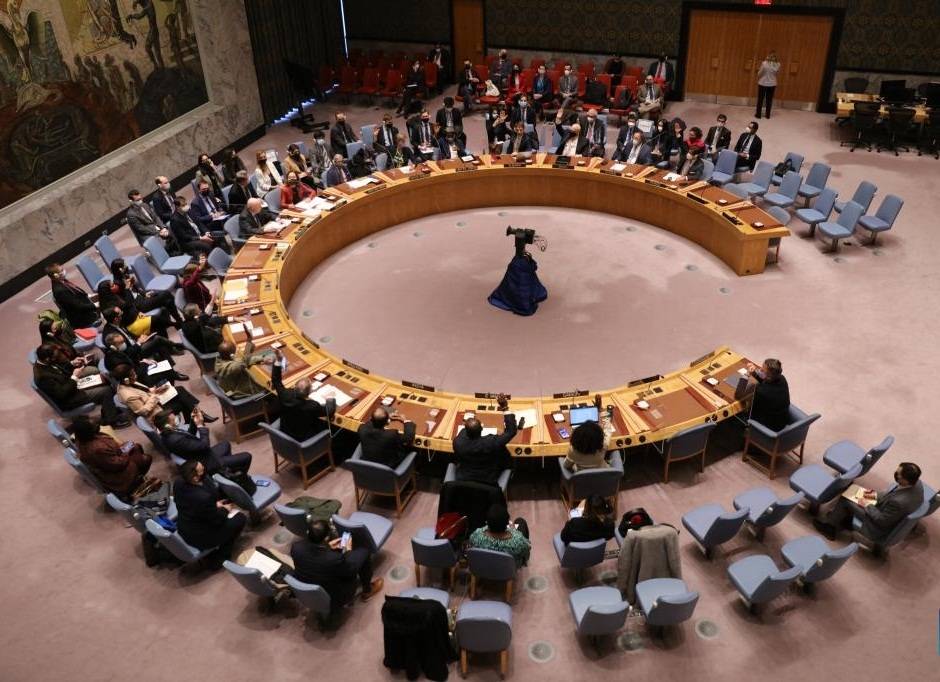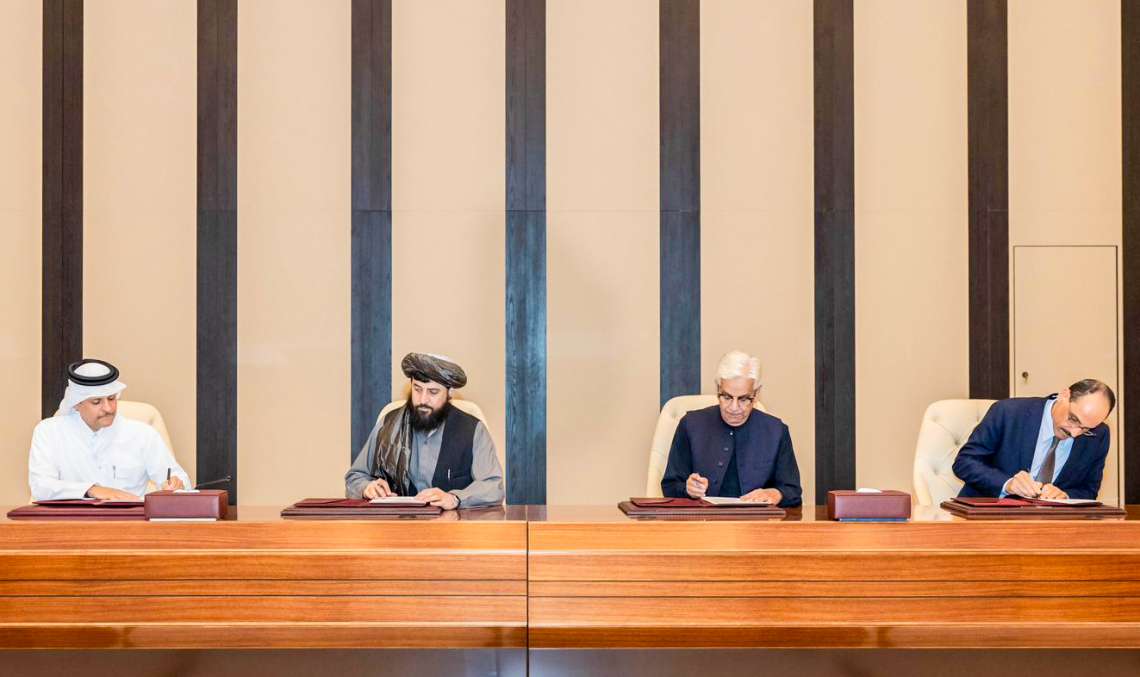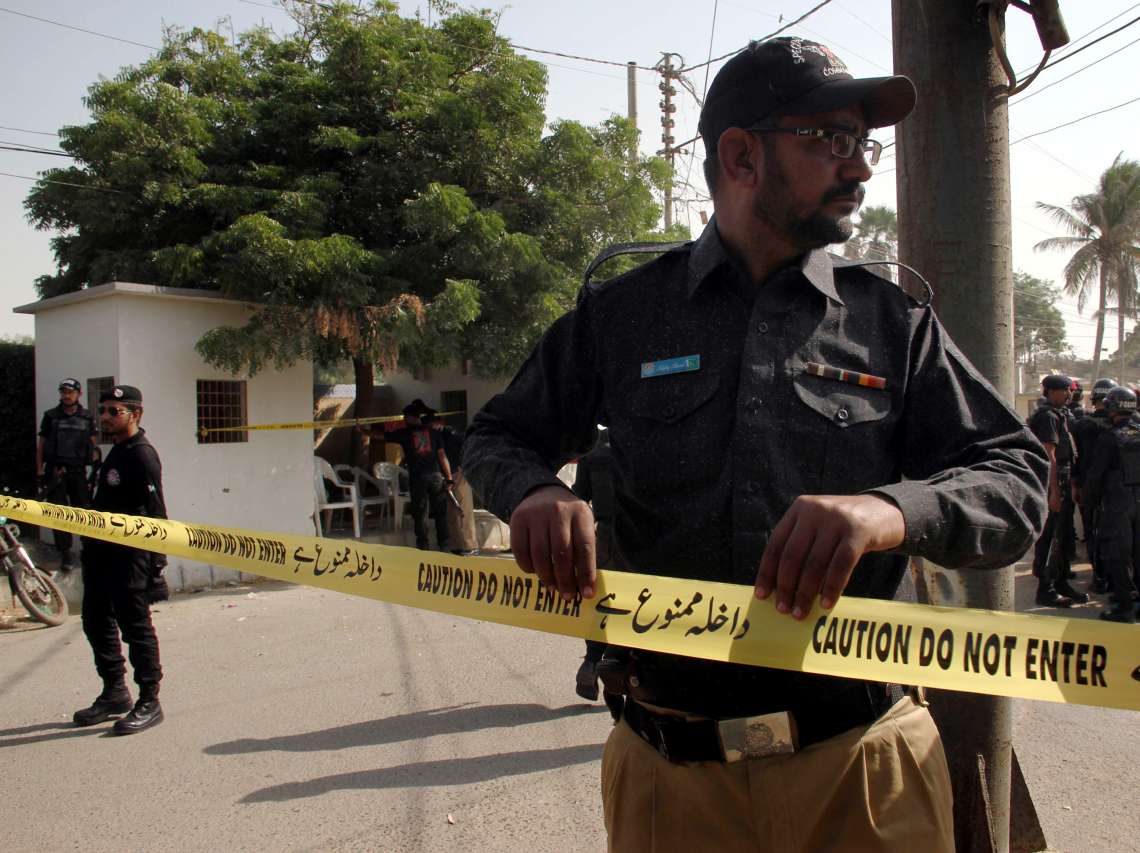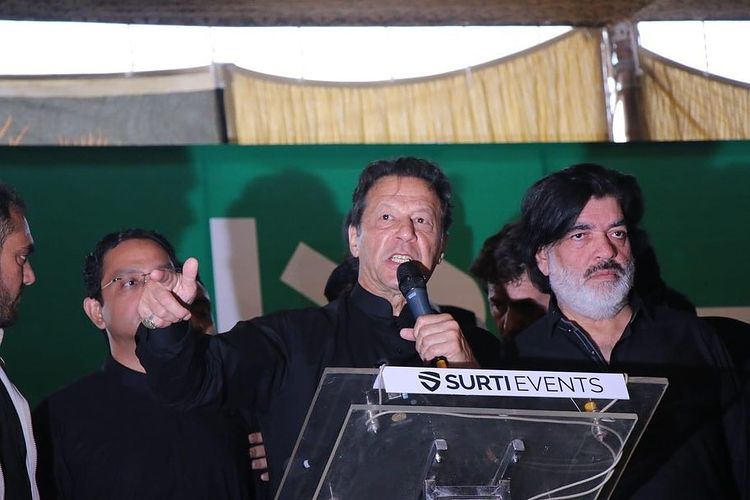The call for reforms echoed often in the General Assembly chamber during the high-level meeting last month as leader after leader, spoke of the need to bring the Council to face contemporary realities…writes Arul Louis
United Nations, Oct 21 (IANS) Amid growing pressure for reforming the UN Security Council to reflect the 21st century world, General Assembly President Csaba Korosi has appointed two diplomats to head the renewed negotiations process.
Permanent Representatives Tareq M.A.M. Albanai of Kuwait and Michal Mlynar of Slovakia will take over as the co-chairs of the Intergovernmental Negotiations (IGN) as the reform process is known, Korosi’s spokesperson Paulina Kubiak said on Thursday.
When he took over as the Assembly president last month, Korosi vowed: “I’ll do my best to forward this process.”
A small group of countries have so far blocked the reform process by preventing the adoption of a negotiating text which has meant that the IGN functions without a proper agenda or a record of the negotiations.
Korosi said that a negotiating text was “long overdue” and the new heads of the IGN will be requested to produce a “concrete” one.
He said that he will ask the co-chairs “to be as impact-oriented as possible, to start negotiations on concrete proposals, concrete text”.
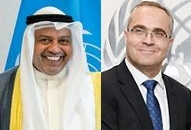
Four of the five permanent members of the Security Council, except for China, have backed the reform by expanding its permanent membership to include India.
The call for reforms echoed often in the General Assembly chamber during the high-level meeting last month as leader after leader, from US President Joe Biden to Marshall Islands President David Kabua, spoke of the need to bring the Council to face contemporary realities.
African nations are spearheading the push for reforming the Security Council as most of its mandates relate to that continent, which does not have a permanent slot.
At a meeting of the Security Council last week dealing with Africa, representatives of nations from there were joined by several others, including India, in stressing the need to rectify this anomaly.
South Africa’s Permanent Representative Mathu Joyni said that with its current structure the Council did not reflect the realities.
French Permanent Representative Nicolas de Rivere urged text-based negotiations to enable reforms for better representation of Africa at the Council and to give it permanent sets.
India’s Permanent Representative Ruchira Kamboj said: “Africa’s continuing denial of representation in the permanent category of membership in this Council in an historical injustice that needs to be corrected sooner than later.”
In June, the General Assembly rolled over the deadlocked negotiations to the current session in what has become an annual ritual.
Albanai and Mlynar will be inheriting from their predecessors, Permanent Representatives Alya Ahmed Saif Al-Thani of Qatar and Martin Bille Hermann of Denmark, one small advance in the IGN process.
The are bequeathing a revised version of what is known as “Elements Paper on Convergences and Divergences” outlining views on Council reforms that was created in hopes of breaking the endless cycle of repetitive discussions.
While it is not a negotiating text, it is at least a record that could be the building block for one.

A group of 13 countries known as Uniting for Consensus (UfC), which is led by Italy and includes Pakistan and Canada, has prevented the adoption of the negotiating text.
Frustrated with the decades-long delay in the negotiating process, India’s Deputy Permanent Representative R. Ravindra has warned that if the negotiations proved ineffective, it may be time to look for alternatives.
He said in June” “For those of us who truly wish to fulfil our leaders’ commitment to early and comprehensive Security Council reforms, looking beyond the IGN may now provide the only viable pathway.”
The basic architecture of the Security Council reflects the post-World War II scenario with the permanent membership limited to the five countries that were on the war’s winning side.
The reform was 57 years ago when four non-permanent members were added, bringing their number to ten.
At that time the UN membership was 113 but it has increased now to 193.


